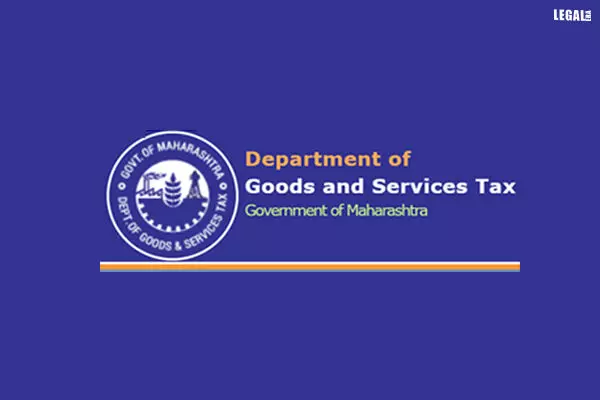- Home
- News
- Articles+
- Aerospace
- Artificial Intelligence
- Agriculture
- Alternate Dispute Resolution
- Arbitration & Mediation
- Banking and Finance
- Bankruptcy
- Book Review
- Bribery & Corruption
- Commercial Litigation
- Competition Law
- Conference Reports
- Consumer Products
- Contract
- Corporate Governance
- Corporate Law
- Covid-19
- Cryptocurrency
- Cybersecurity
- Data Protection
- Defence
- Digital Economy
- E-commerce
- Employment Law
- Energy and Natural Resources
- Entertainment and Sports Law
- Environmental Law
- Environmental, Social, and Governance
- Foreign Direct Investment
- Food and Beverage
- Gaming
- Health Care
- IBC Diaries
- In Focus
- Inclusion & Diversity
- Insurance Law
- Intellectual Property
- International Law
- IP & Tech Era
- Know the Law
- Labour Laws
- Law & Policy and Regulation
- Litigation
- Litigation Funding
- Manufacturing
- Mergers & Acquisitions
- NFTs
- Privacy
- Private Equity
- Project Finance
- Real Estate
- Risk and Compliance
- Student Corner
- Take On Board
- Tax
- Technology Media and Telecom
- Tributes
- Viewpoint
- Zoom In
- Law Firms
- In-House
- Rankings
- E-Magazine
- Legal Era TV
- Events
- Middle East
- Africa
- News
- Articles
- Aerospace
- Artificial Intelligence
- Agriculture
- Alternate Dispute Resolution
- Arbitration & Mediation
- Banking and Finance
- Bankruptcy
- Book Review
- Bribery & Corruption
- Commercial Litigation
- Competition Law
- Conference Reports
- Consumer Products
- Contract
- Corporate Governance
- Corporate Law
- Covid-19
- Cryptocurrency
- Cybersecurity
- Data Protection
- Defence
- Digital Economy
- E-commerce
- Employment Law
- Energy and Natural Resources
- Entertainment and Sports Law
- Environmental Law
- Environmental, Social, and Governance
- Foreign Direct Investment
- Food and Beverage
- Gaming
- Health Care
- IBC Diaries
- In Focus
- Inclusion & Diversity
- Insurance Law
- Intellectual Property
- International Law
- IP & Tech Era
- Know the Law
- Labour Laws
- Law & Policy and Regulation
- Litigation
- Litigation Funding
- Manufacturing
- Mergers & Acquisitions
- NFTs
- Privacy
- Private Equity
- Project Finance
- Real Estate
- Risk and Compliance
- Student Corner
- Take On Board
- Tax
- Technology Media and Telecom
- Tributes
- Viewpoint
- Zoom In
- Law Firms
- In-House
- Rankings
- E-Magazine
- Legal Era TV
- Events
- Middle East
- Africa
Bombay High Court concerned about GST's coercive action

Bombay High Court concerned about GST's coercive action
It directs the department to issue norms on summons during the investigation
The Bombay High Court has expressed concern over the allegations made by several assessees in petitions about the repeated summons issued by the Goods and Services Tax (GST) authorities. It has been alleged that during the investigations, the department, without the issuance of show-cause notice, has been harassing by way of taking coercive action for the recovery of substantial amounts.
The division bench of Justice R D Dhanuka and Justice S M Modak was hearing a writ petition seeking directions to restrain the GST authorities from resorting to such measures.
Represented by advocates Vinay Shraff and Nikhil Rungta, the petitioners argued that despite fully participating in the investigation proceedings, the GST department was repeatedly issuing summons. It was coercing people into making payments of the disputed amounts of tax. This was in contravention of the mandate of the law, which provides for the issuance of a show-cause notice.
The court, thus, passed an order directing the department to issue norms as to how many times, such summons could be issued against the assessees and for what purpose. It also directed that a copy of the order be forwarded to the Additional Director General and the Directorate General of GST Intelligence, Pune to personally look into the matter of the petitioner.
It further ordered the GST department to provide seven days' notice in case it proposed to adopt coercive steps for the recovery of any amount. In such an event, the petitioner would be at liberty to apply for interim relief.



